8 Out of 10 Gun Shot Victims in Minneapolis Have Been Black in 2021
Bishop Richard Howell, Jr. lowered his voice, held his hands three feet apart and said he could not count how many funerals bore caskets that size.
Howell, the bishop of Shiloh Temple International Ministries, has presided over a lot of services this summer. He was there for the visitation of Aniya Allen, a 6-year-old killed by a stray bullet that struck as she ate McDonald's. He led prayer for the funeral of Daunte Wright, a 20-year-old shot by a Brooklyn Center police officer who mistook her gun for a taser. And with a growing number of caskets being ushered in and out of his ministry doors, Howell says that many in the community have lost faith.
"You have young people coming to you and saying, 'Here's what I want to look like in my casket when I die,' because they didn't believe they're going to live past the year 25," Howell said. "And by George if that isn't happening. A lot of these young people in their 20's are dying. They've given up hope."
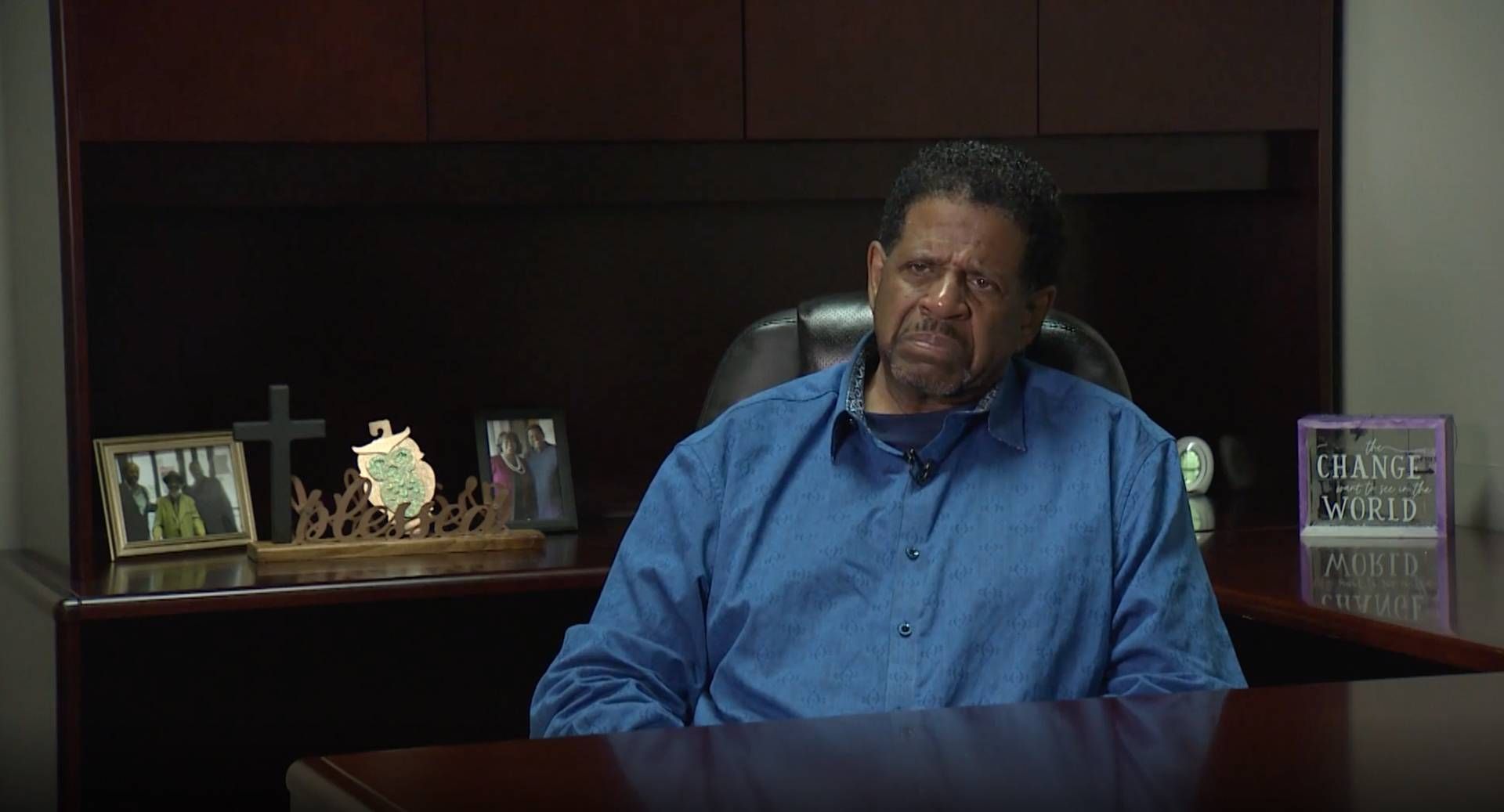
Hundreds have been shot in Minneapolis this year, marking a surge in gun violence that's affecting communities across the nation. City data shows that eight out of 10 victims have been Black. A third of those Black victims are younger than 25. Advocates say that the high volume of shootings has drained residents' wallets and morale. And with federal benefits ending soon, things could get worse.
“Whatever you need, go to Shiloh.”
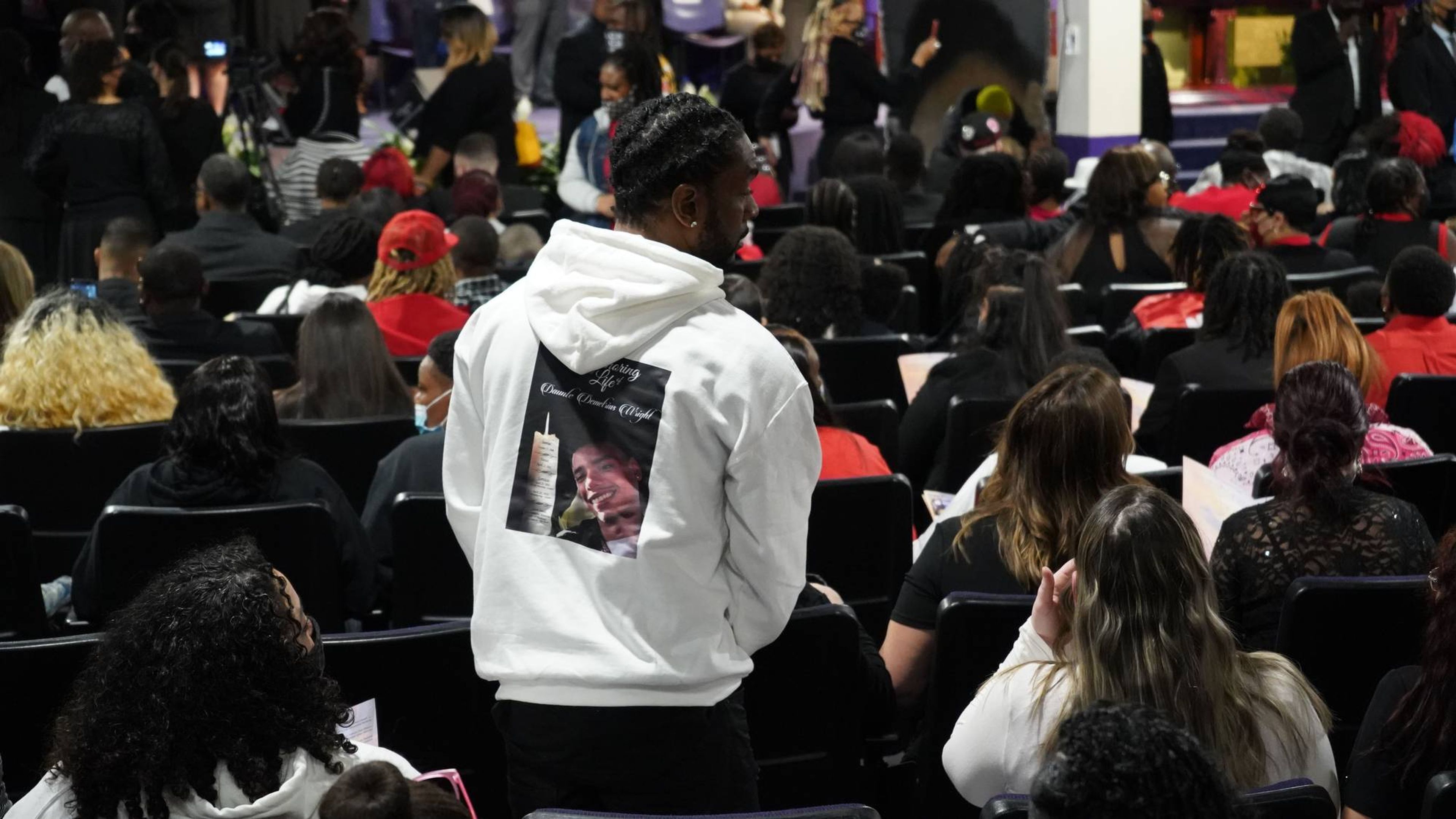
Joy and pain are familiar to the walls of Shiloh Temple International Ministries.
The church has been around since 1931, eventually moving from South Minneapolis to its Northside Minneapolis building by 2004. Not long after, Hurricane Katrina and the 2011 tornado slammed New Orleans and local residents, alike. Families were displaced. Property, and lives, were lost. So Howell and other congregants stepped in.
They drove to New Orleans to help Katrina victims. The church hosted a food shelf for people affected by the tornado. Howell said that those efforts earned them a reputation among Northside residents, boosting the church into a spiritual and physical asset for the community.
"The word got around, 'Go to Shiloh. Whatever you need, go to Shiloh,'" Howell said. "We're more than just a four-wall ministry. We now also have to go beyond the four walls and be a ministry out in the streets."
This year, that mission is more necessary than before.
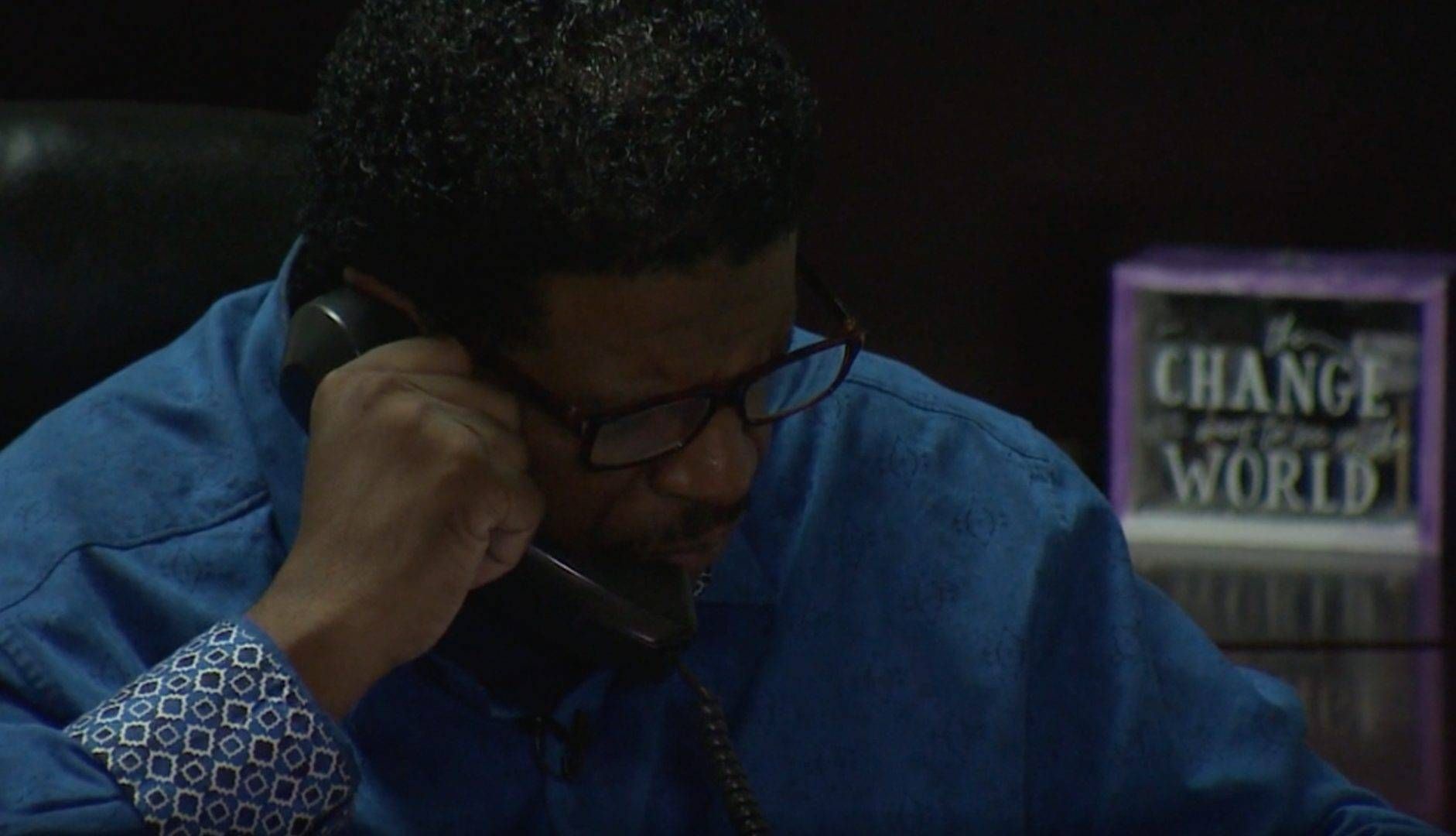
A rise in violent crime across Minnesota and the nation is hurting and killing scores of people. In Minneapolis, an unequal share of people who have been hurt or killed are Black. City data requested by Twin Cities PBS shows that at least 371 people have been shot this year - dozens more than what was reported at this time last year. Eighty-three percent of those victims are Black, and a third of them are under 25.
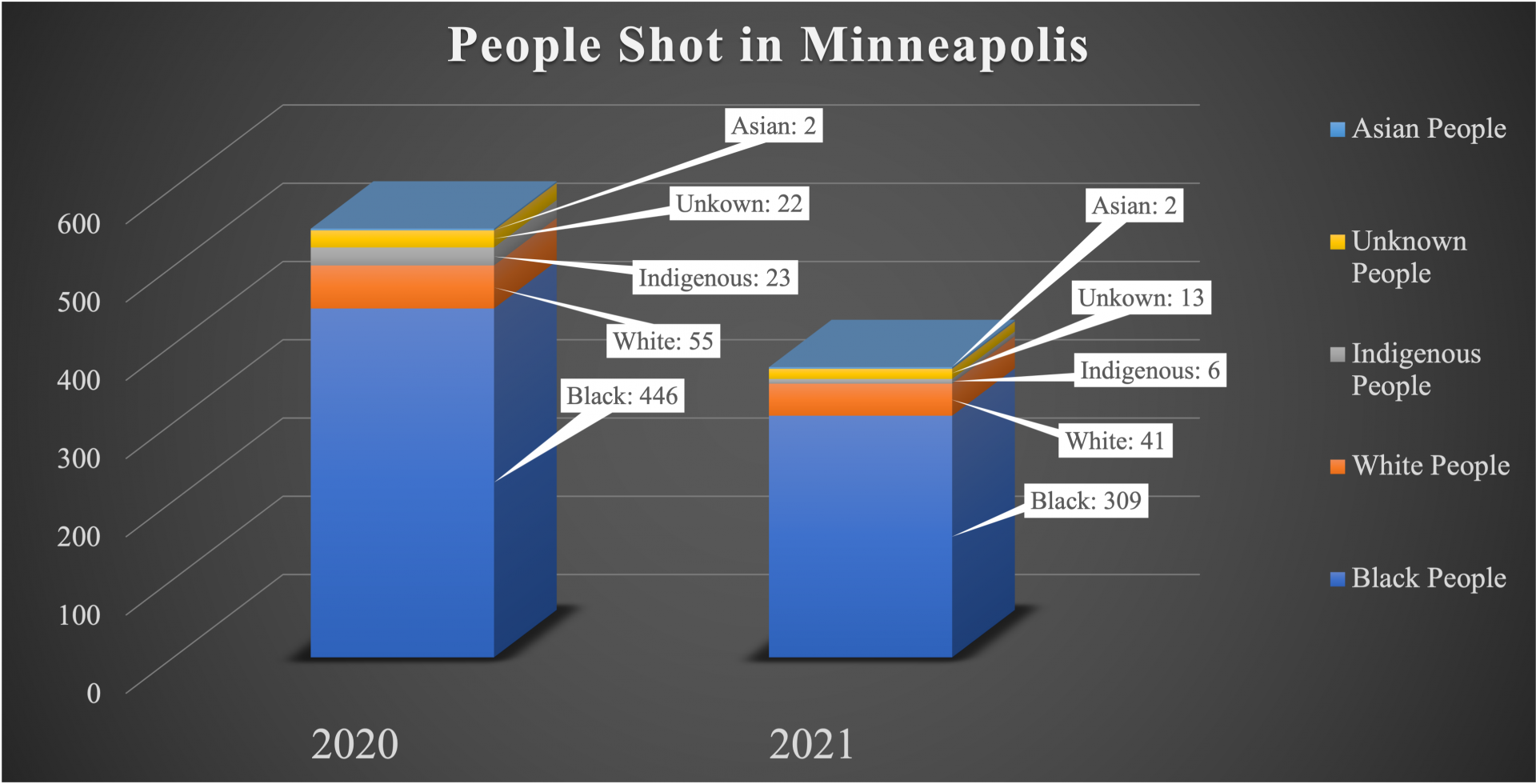
Bishop Howell has worked to stop the violence, but he says that this issue runs deeper than a flow of guns on the streets.
"I do believe that all of this stems from poverty. Low socioeconomics has produced this new way of thinking that is almost a pandemic of sorts," Howell said. "When you are tired of living from hand to mouth every day … you're in a shelter almost every day while you're in school, what does that do to the psyche? What happens? How much more pressure can a mother take?"
City data supports Howell's observations and experiences.
The poverty rate for Black residents in the Twin Cities is 4.6 times higher than white residents'. A map created by Minnesota Compass shows that some of Minneapolis' most impoverished communities are where people of color are the majority. And by mapping the shooting data the city provided, it's evident that gunfire has been concentrated in those same neighborhoods.
As Howell and I spoke, three more people were shot. They and many like them may be taken to a hospital, where they face another burden that can add more trauma to their lives: bills.
Trauma on Trauma
Most of the people Kentral Galloway helps are Black like him.
Galloway is the program manager for Next Step, a violence intervention program that partners with North Memorial Hospital, the City of Minneapolis, Hennepin Healthcare and the state. They offer job training, mentorship and financial assistance to stop cycles of violence. Galloway said financial assistance is critical for victims, because many people already live paycheck-to-paycheck. And a stray bullet can throw their lives sideways.
"If I'm an innocent bystander and I got caught in a drive-by, and I recover and I'm lucky to make it out with my life, the next thing is, 'How am I going to pay for my bills because I can't work because I just got shot?'" Galloway said. "You're talking about lost wages. You're talking about folks who are already not on the high-end spectrum of the income curve, so it is a huge issue. It is trauma packed on top of trauma."
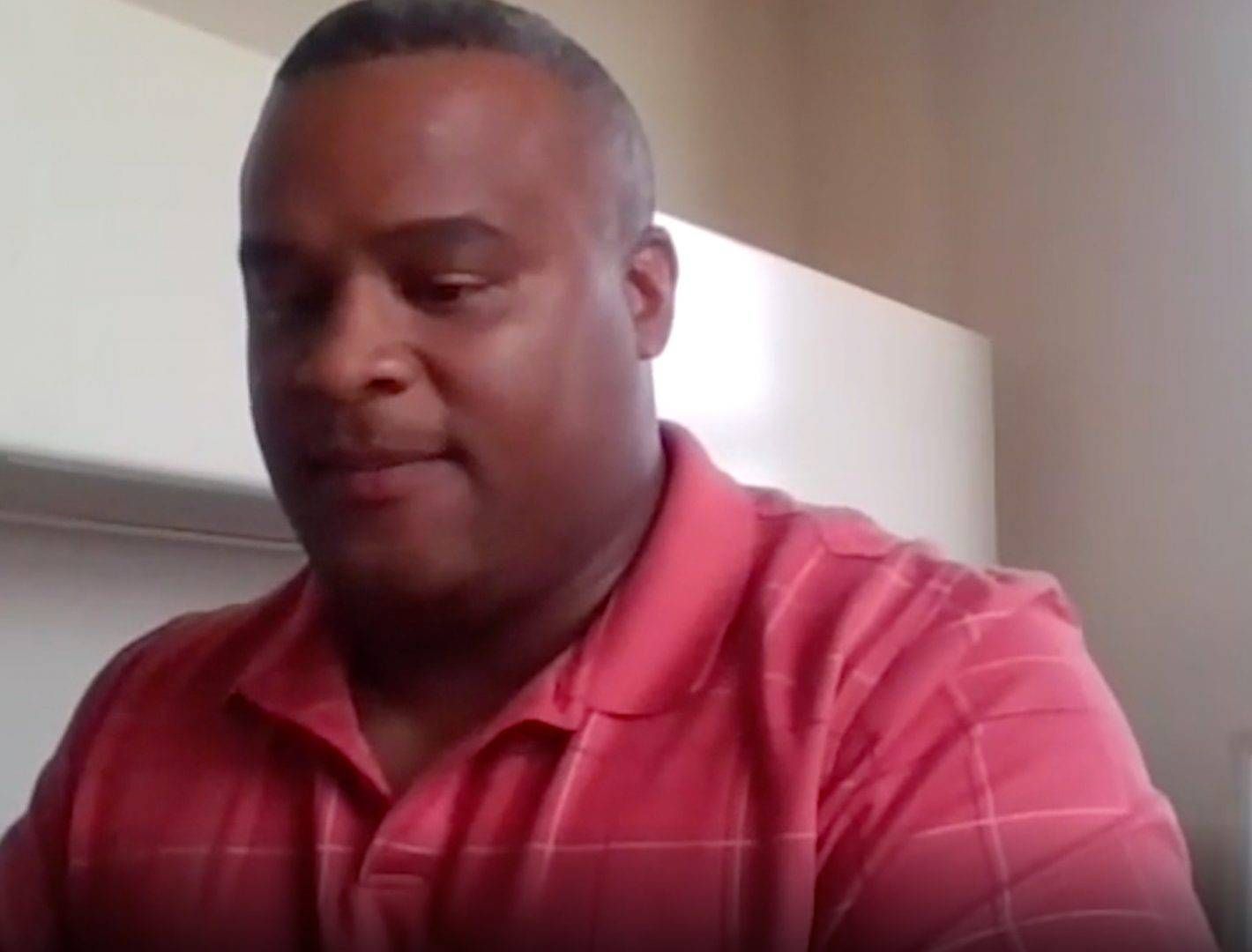
Next Step works to assuage that trauma by helping people file a claim to the Minnesota Crime Victims Reparations board, which was established in 1974, and helps crime victims pay for medical bills, lost wages, funerals and more. According to data requested by Twin Cities PBS, the board has spent $1.7 million on claims this year. Eighteen percent of the people making those claims are Black, and a third of all claims came from Hennepin County.
Galloway said that systemic issues, like racial gaps in poverty and education, should be addressed to curb the rise in violence. And his program needs help to do their part.
"I've got six full-time people and maybe six part-time people to manage three hospitals. That ain't enough," Galloway said, adding that more staff could help to change victims' environments instead of putting bandaids on their crises. "One entity can't do it by itself. It's got to be community, government, the private sector and the police all have to be working in harmony to really reduce this. And then we also have to change some laws."
Bills like HF 1789, HF 861, SF 2104 and HF 250 were introduced this year to support crime victims' finances. None of them passed.
As a result, some in the community are already working to reduce violence by taking matters into their own hands.
Keeping the Faith
Howell and other congregants have continued being a ministry in the streets, even as crime grows. Shiloh Temple and other community leaders launched a "21 Days of Peace" initiative earlier this year, stationing themselves at violent hotspots to de-escalate situations and prevent bloodshed. On some days, they talked to people. On others, they passed out snow cones and hot dogs. Howell said the initiative reduced crime in those areas, adding that Shiloh Temple has restarted the initiative. But he worries that violence will get worse because federal unemployment checks end on September 6, and fallout from the coronavirus pandemic has meant that more Black Minnesotans rely on those benefits. To prevent more disasters, he says that everyone has to contribute. Families must recover their morale. Finances should be strengthened. Disparities in employment, education and health should be addressed.
One silver-bullet solution that could unify others, Howell said, is love.
"Love these individuals to life. Stop being so busy that you can't talk to a young kid on the street. There's something about that. Jesus showed that, and there is power in love in a community," Howell said. "You don't have to agree in ideologies and philosophy, but for crying out loud, there's got to be one common ground that we can all stand on - and that's called life. Can't we all live together? Rodney King said it best, 'Can't we all just get along?'"
